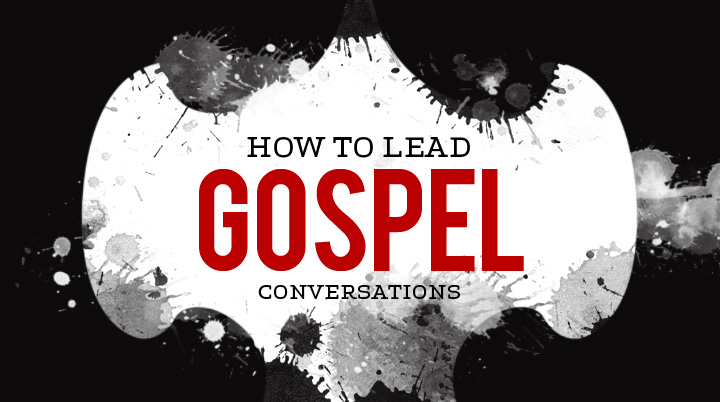 To start the year, our church staff will be reading Scripture together. In order to equip and encourage them, I shared how I go about personal devotions and gave an example from my recent devotions in James. While we all connect with God in a variety of ways, there are Scripture reading universals that aid in cultivating communion with God. I hope these are helpful for some of you.
To start the year, our church staff will be reading Scripture together. In order to equip and encourage them, I shared how I go about personal devotions and gave an example from my recent devotions in James. While we all connect with God in a variety of ways, there are Scripture reading universals that aid in cultivating communion with God. I hope these are helpful for some of you.
1. Determine your Reading in Advance. Pick a book of the Bible, use a lectionary, or devotional guide, or a reading plan. The reason for this is twofold: 1) It is easier to maintain a Scripture reading discipline if we know what we are going to read next. It keeps your reading from being random. 2) Knowing what you will be reading can foster reading in context so that you can grasp God’s intended meaning in the text for you.
2. Ask the Holy Spirit to give you to Teach you in Specific Ways. Depend on the Spirit of God who searches out all things, even the depths of God, to draw you into God’s presence (1 Cor 2). Ask the Spirit to open your mind and heart to what God wants to do in you. Ask the Spirit to draw your attention to whatever God wants to accomplish in you—warning, encouragement, conviction, insight, worship, repentance, joy, confession, reconciliation.
3. Pray God’s Promises to Commune with you back to Him. Memorize several of them and ask him to deliver on his promise, e.g. “God is faithful, who has called us to fellowship with his son, Christ Jesus our Lord” (1 Cor 1:9). I memorize these promises and pray them back to God, pleading with him to make good on them. For example:
“Father, you are faithful, and I ask you to prove your faithfulness in drawing me into fellowship with Jesus. I don’t really desire to be with Jesus this morning, so out of your faithfulness overcome my sinful indifference and draw me into deep fellowship with Him.”
3. Read slowly by moving from Text to Theology to Life. I usually read through a number of books of the Bible throughout the year, reading slowly from beginning to end. Because the goal is commune with God and not theological study, I spend 2-7 days in a passage or chapter—the 7 Year Bible Reading Plan! The point of reading slowly is to actually meditate, to ruminate on the depth of meaning in the text. Too often we breeze over the text with very little reflection on its meaning. Soak in the text. Ask lots of questions, both of the text and yourself.
TEXT: Read the Text by asking the question: “What did it say then?”
THEO: Move from what it says to: “What does it say about God?”
LIFE: Then connect the what the text says, and how it communicates God, to your life: “How should I respond?” (See #2)
4. Respond to God in prayer by repenting, rejoicing, interceding, meditating, etc! Delight in God’s presence as he has revealed himself to you in Christ through the Spirit. Thank him deeply.

 As the year winds down, and I reflect on how I need to grow in Christ, I’ve taken some time to look back on the year and spot some weaknesses. It’s been quite helpful, not condemning at all. Growth in Christ is what brings us deep joy. The trouble is that many of us are so preoccupied with petty joys that we fail to slow down long enough to find deep joy. We’re moving too fast for joy, for intimacy with Christ. So where am I weak? Where do I want to grow? In wisdom.
As the year winds down, and I reflect on how I need to grow in Christ, I’ve taken some time to look back on the year and spot some weaknesses. It’s been quite helpful, not condemning at all. Growth in Christ is what brings us deep joy. The trouble is that many of us are so preoccupied with petty joys that we fail to slow down long enough to find deep joy. We’re moving too fast for joy, for intimacy with Christ. So where am I weak? Where do I want to grow? In wisdom.
